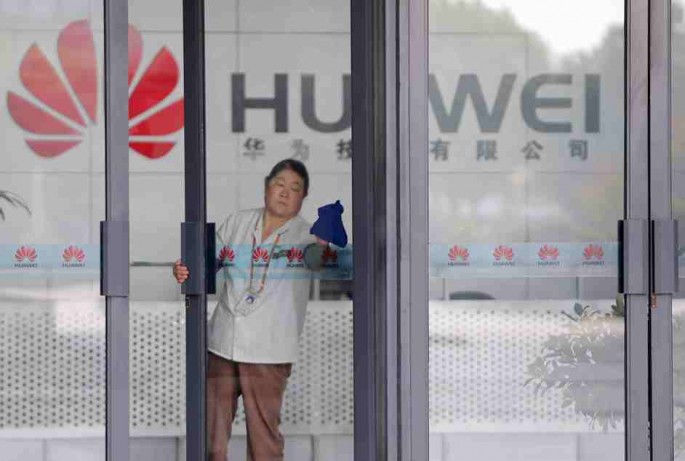Chinese telecommunications giant Huawei has confirmed on Tuesday, Feb. 9, that it has successfully conducted the first tests of DOCSIS 3.1 technology in Spain, with the aim to implement the system in the near future, the Xinhua News Agency reported.
According to the report, the company has also developed DCCAP, an "innovative solution" that makes it possible for cable and fiber-optic networks (FTTH) to co-exist on the same platforms.
DOCSIS, an acronym for "Data over Cable Service Interface Specification," is the international standard for transferring date over cable TV systems. Under the DOCSIS 3.1 system, 50 percent of data can be transferred more efficiently than current systems, allowing speeds of 2Gbps in uploading and 10Gbps in downloading data.
The report said that the system is vital for new television services, such as video on demand or a la carte TV.
The DOCSIS 3.1 system will enable Huawei to improve cable networks to cover the full needs of consumers, as well as compete with fiber-optic networks.
Huawei said that the DCCAP cable solution will allow ultra-wide bandwidth and will be compatible with equipment already in use. At the same time, it will allow traditional cable networks to transform to digital as well as reduce analogue signals.
With the DCCAP solution, cable and fiber-optic networks can co-exist on unified digital TV platforms and improve data transfer speeds while reducing network costs.
In May last year, Huawei has won the Best Multiscreen TV Solution award for its VideoEverywhere Solution at the TV Connect 2015 industry awards held in London, a press release on the Huawei website said.
According to the statement, Huawei's VideoEverywhere is a leading end-to-end multi-screen solution for video service operators. The solution takes advantage of the 4G technology to deliver content to any screen, on any network. It works by integrating IPTV, multi-screen over-the-top and digital video broadcasting TV technology, to produce a unified service delivery platform.
The statement said that operators use VideoEverywhere to provide a next-generation video experience, and maximize the potential user base for video services.
Huawei has rich experience in video technology and has become the number one vendor for end-to-end IP video solutions. At that time, Huawei serves 70 operators and 30 million subscribers, the statement said.



























